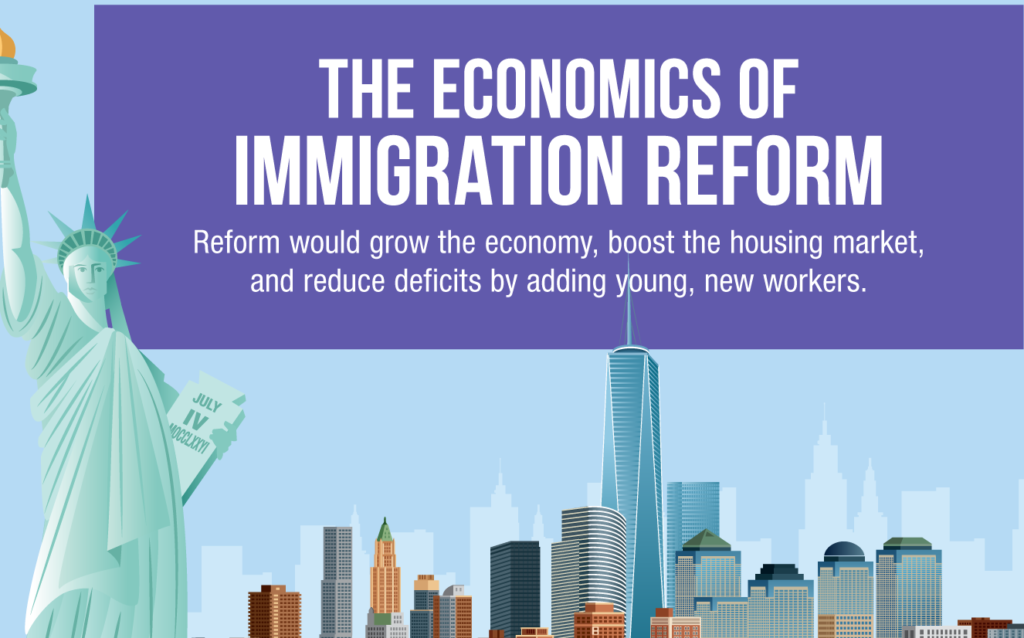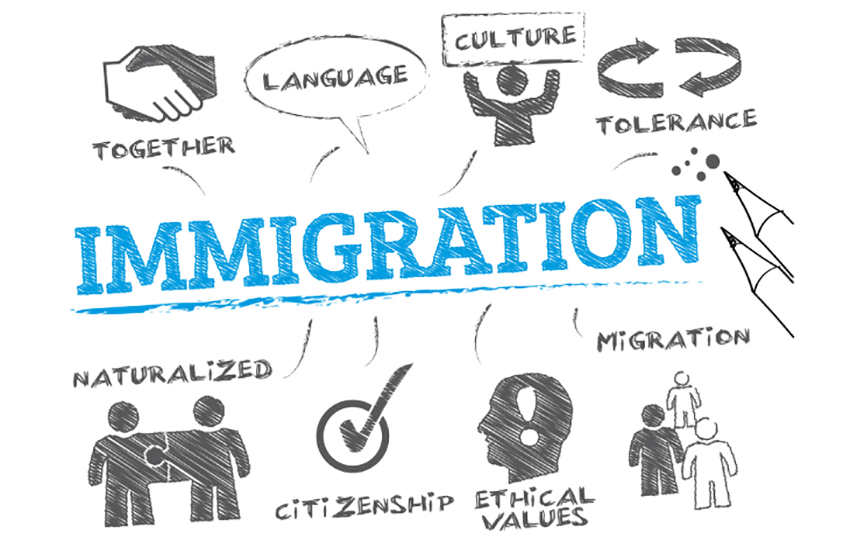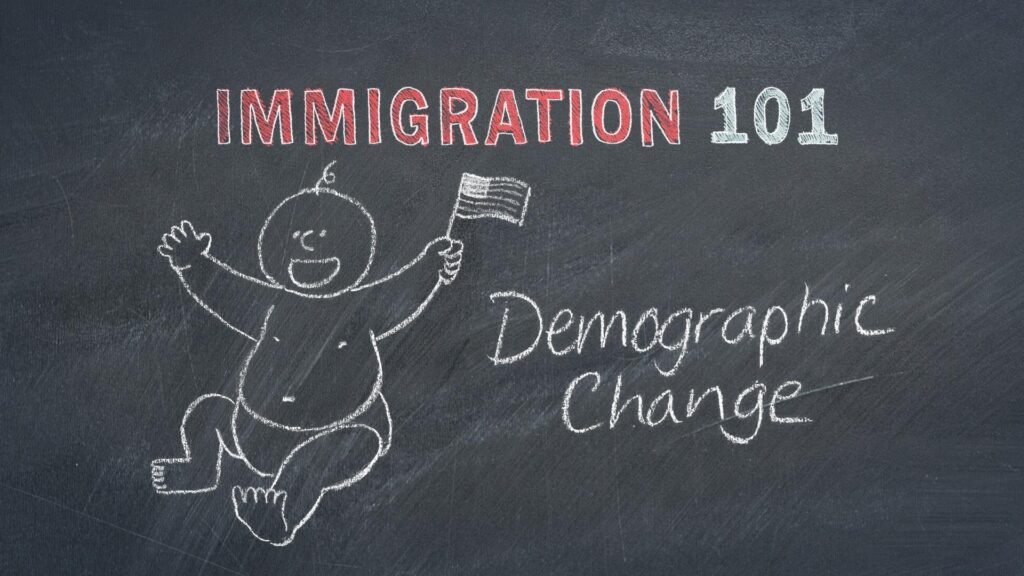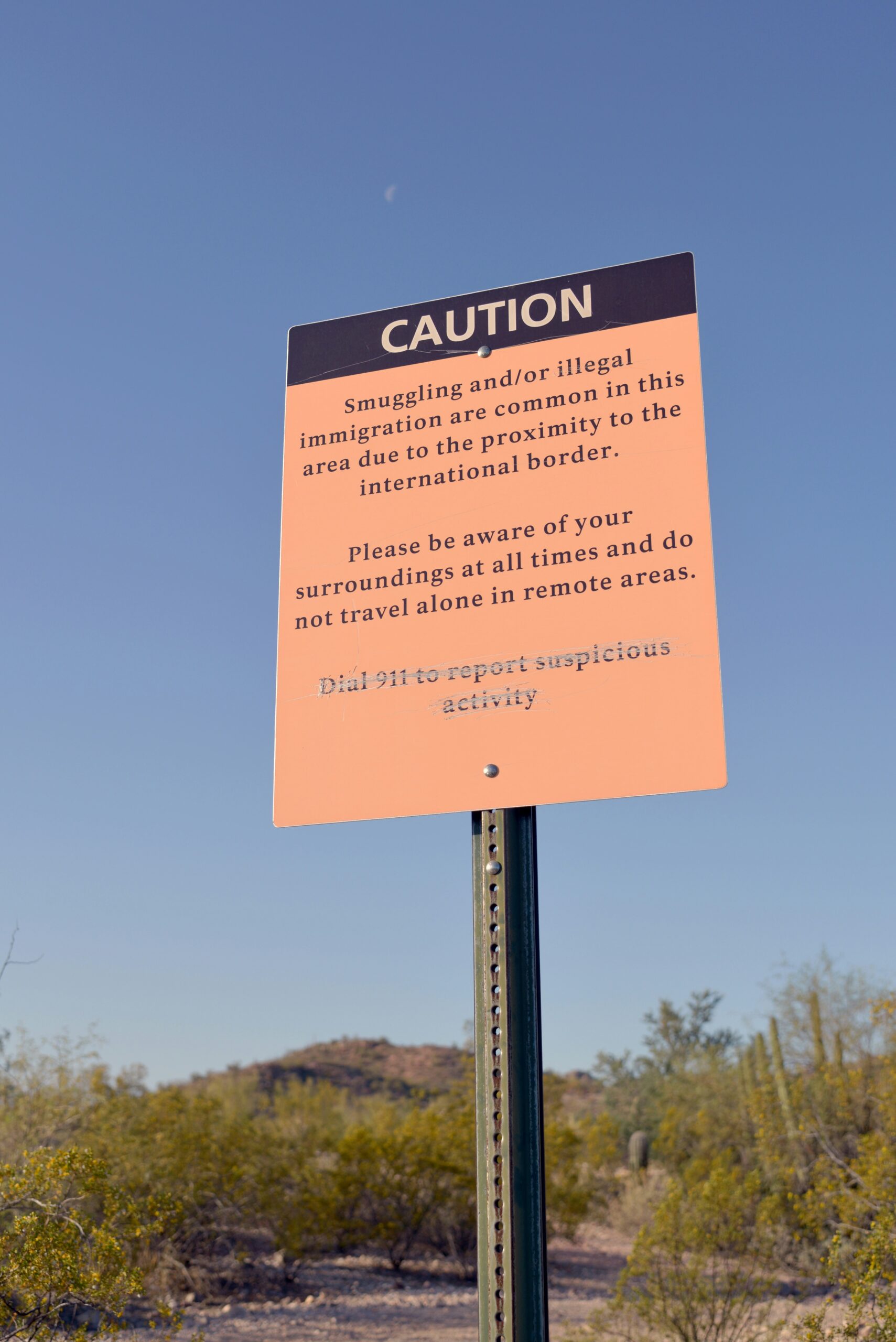Introduction to Immigration Policies
Immigration policies have always been a contentious topic, shaping the socioeconomic landscape of nations. These policies determine who can enter a country, how long they can stay, and under what conditions they can work or access public services.
Economic Impacts

Immigration policies significantly affect the economy. Strict policies may limit the workforce, impacting industries reliant on immigrant labor. Conversely, more lenient policies can lead to economic growth by filling labor shortages and contributing to consumer spending.
Social and Cultural Effects

Immigration policies also influence social dynamics. Inclusive policies promote cultural diversity, leading to a more vibrant society. However, restrictive policies can create social tensions and hinder cultural integration, affecting community cohesion.
Legal and Humanitarian Concerns
Legal and humanitarian aspects are critical when evaluating immigration-policies. Policies must balance national security with the rights of immigrants and refugees. Humanitarian considerations often push for more compassionate approaches, ensuring the protection of vulnerable populations.
Also Read This : The Impact of Streaming Services on Entertainment
Political Influence
Immigration-policies are often shaped by political agendas. Governments may adopt strict measures to appeal to certain voter bases or more relaxed policies to address labor shortages and demographic challenges. The political landscape thus plays a crucial role in shaping these policies.
Long-term Demographic Changes

Immigration-policies have long-term demographic implications. They can influence the age structure, population growth, and cultural composition of a country. Thoughtful policies are essential for addressing future demographic challenges such as aging populations.
Conclusion
The impact of immigration policies is multifaceted, affecting economic, social, legal, political, and demographic aspects of society. It is crucial for policymakers to consider these diverse impacts when shaping immigration laws to ensure a balanced and humane approach.
